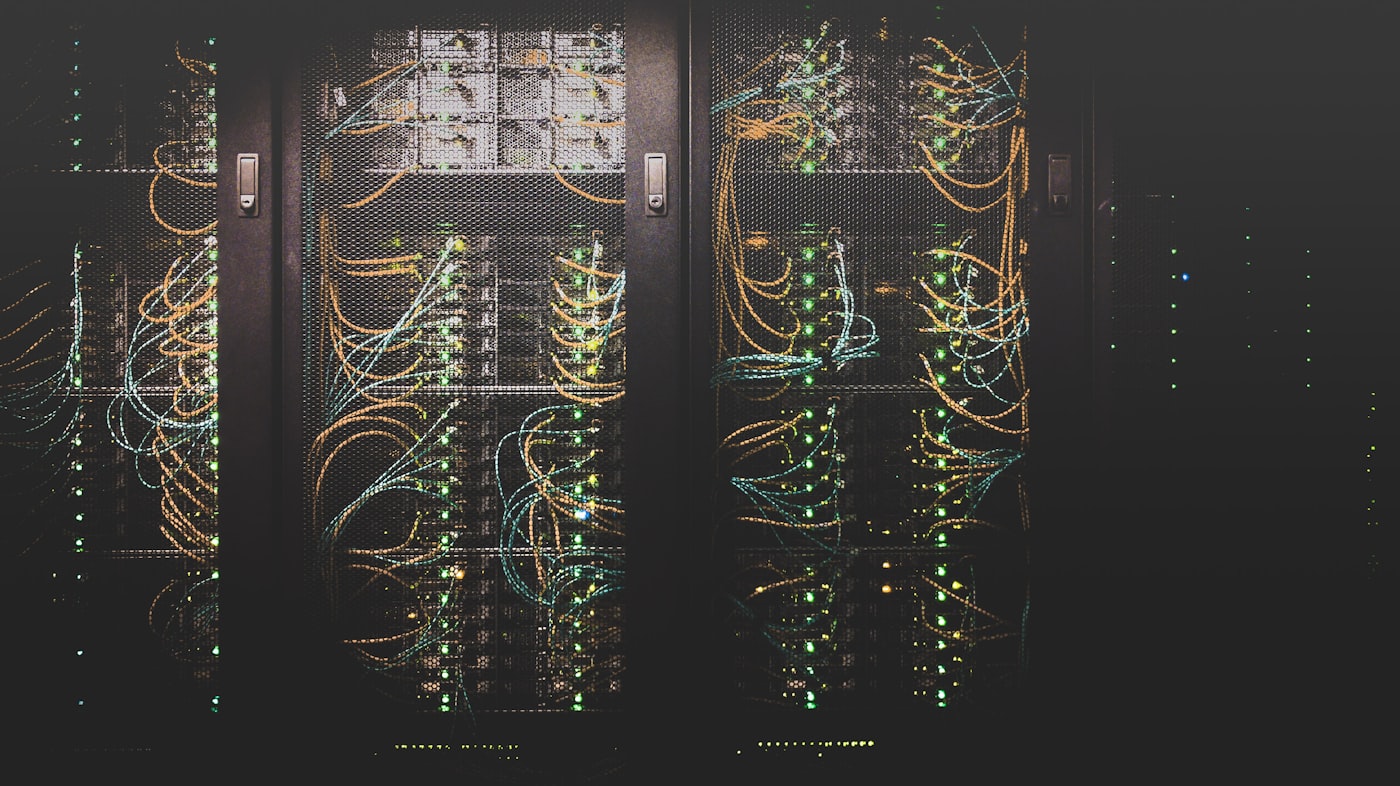Quantum won’t replace your cloud next quarter—but it can deliver value in targeted pilots, new skills, and smart security planning right now. Here’s how to use it without buzzword burn.

Treat quantum computing for business as a focused R&D lane that complements your current analytics and cloud—not a rip-and-replace. The biggest wins today are literacy, measured pilots, and a credible path to post-quantum security.
Quick facts
- Today’s devices are noisy and small; hybrid (classical + quantum) is the realistic path.
- Best near-term fits: optimization toy problems, tiny chemistry models, workforce upskilling.
- Security planning matters now: start post-quantum cryptography (PQC) pilots early.
Quantum Computing for Business: What It Can (and Can’t) Do Right Now
In practice, quantum computing for business means careful experiments that inform strategy, not instant production speedups. You’ll learn where quantum-inspired heuristics might help, how to instrument small circuits, and how to integrate results into familiar data pipelines.
Where Teams Are Seeing Early Signal
- Optimization heuristics: route planning, packing, and scheduling. Hybrid approaches sometimes beat existing heuristics on specific instances.
- Chemistry/materials (small scale): modeling tiny molecules or catalysts to guide broader classical compute campaigns.
- Skills & IP: building internal literacy, patent landscaping, and vendor due diligence so you recognize genuine breakthroughs quickly.
12 Practical Wins You Can Use Now
- Define one measurable problem. The strongest pilots in quantum computing for business start with a precise KPI (e.g., “reduce mean route time by 2% vs. our tuned baseline”).
- Keep a classical baseline. Always compare against your best classical method; this keeps quantum computing for business honest and protects budgets.
- Go hybrid from day one. Pre/post-processing on CPUs/GPUs with a compact quantum core is how quantum computing for business actually works today.
- Form a tiny “Q-pod.” One data scientist, one software engineer, one architect. This trio translates quantum computing for business ideas into runnable prototypes tied to real data.
- Instrument everything. Track circuit depth, error rates, shots, queue time, and accuracy deltas; telemetry turns quantum computing for business lessons into faster next pilots.
- Choose transparent vendors. Ask for device roadmaps and error trends. Real numbers accelerate quantum computing for business decisions and reduce hype risk.
- Secure the data path. Treat platforms like SaaS: strong identity, logs, encryption, and data minimization. Governance is part of quantum computing for business, not an afterthought.
- Train for two skills. Circuit intuition and PQC literacy compound quickly in quantum computing for business roadmaps.
- Run short sprints. Two-to-four week cycles keep quantum computing for business grounded in measurements, not slideware.
- Publish one-page updates. Share problem → approach → baseline → result; clear comms safeguard quantum computing for business budgets.
- Budget like R&D. Expect learning value first and operational lift later; you’re buying capability, not replacements.
- Celebrate pivots. When a pilot doesn’t beat the baseline, you learned cheaply—redirect fast.
Security: “Harvest-Now, Decrypt-Later” and Post-Quantum Crypto
Even if you never run a quantum workload, you must plan for data encrypted today that adversaries could store and decrypt in the future. A practical plan: inventory where cryptography protects data in transit/at rest; pilot NIST-selected post-quantum algorithms in low-risk services; build crypto-agility (versioned protocols, key rotation, and a migration runbook); and ask vendors for PQC roadmaps.
Choose Your First Pilot (Decision Tree)
- Is your pain an optimization bottleneck? Try a tiny hybrid PoC against your tuned classical baseline. If there’s no lift, pivot.
- Are you a materials/chemistry shop? Explore small-molecule sims through managed lab programs; measure whether insights save classical compute time.
- Mostly services/data? Prioritize literacy, SDK fluency, and post-quantum crypto pilots. That’s still real ROI.

Budget & Vendor Checklist (Copy/Paste)
- Access & costs: run-time pricing, queue time, and overage policies.
- Telemetry: error rates, calibration cadence, circuit depth limits.
- SDKs & support: hybrid workflows, examples, language bindings.
- Security: identity, logs, data residency, encryption standards.
- Roadmap: qubit counts, connectivity, error-correction research.
5 Myths to Drop Now
- “Quantum replaces cloud soon.” Not in the near term; hybrid will dominate.
- “It breaks all crypto tomorrow.” Plan for PQC, but don’t panic; migrate thoughtfully.
- “More qubits = automatic value.” Error rates, connectivity, and effective circuit depth matter more.
- “Only PhDs can use it.” Modern SDKs are friendlier; your data team can prototype.
- “Wait for perfection.” Literacy compounds; late adopters pay more to catch up.
Related Guides on Bulktrends
- Small Business Cybersecurity: 12 Proven Moves
- 5G vs Wi-Fi 6: Pick the Right Network
- Augmented Reality vs Virtual Reality (Plain-English Guide)
Authoritative External Resources (dofollow)
- Qiskit Textbook — Gentle Introduction
- NIST — Post-Quantum Cryptography Project
- Google Quantum AI — Publications
- IBM Quantum — Platform & Roadmaps
Disclaimer: Capabilities and vendor roadmaps change quickly. Validate performance with your own datasets and a strong classical baseline.






